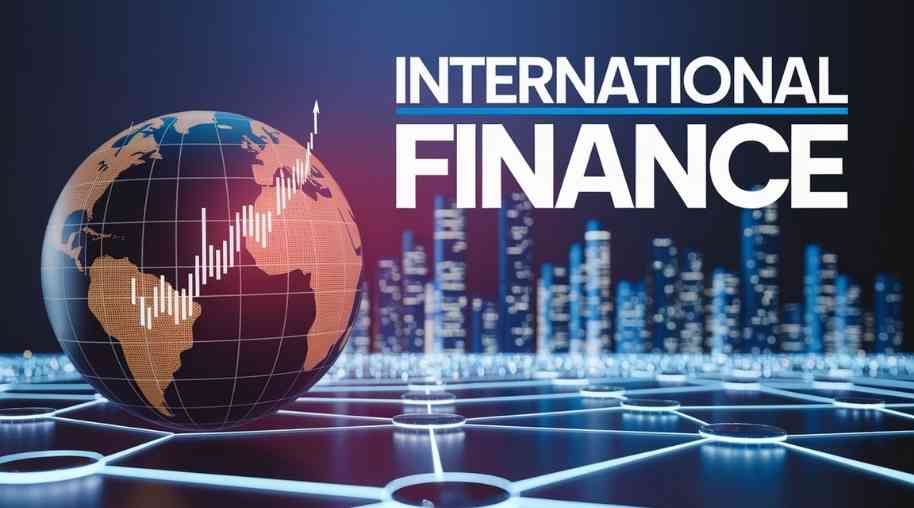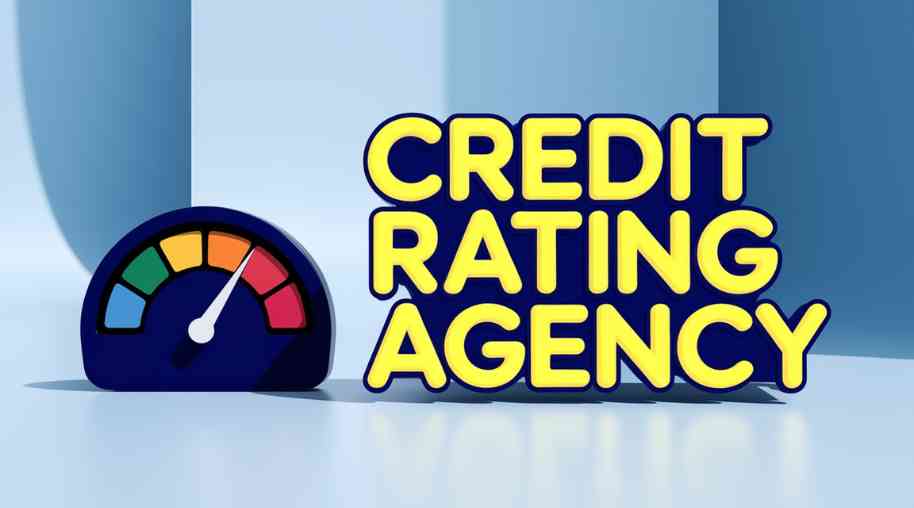IFC Full Form-International Finance Corporation
by Shashi Gaherwar
0 2505
Introduction
The International Finance Corporation (IFC) is a key player in global economic development, promoting private sector investments and fostering economic growth in emerging markets. As a member of the World Bank Group, IFC provides financial and advisory support to businesses, governments, and institutions, ensuring sustainable development and poverty reduction.

This article explores the role, objectives, investment strategies, impact, and challenges faced by IFC in fostering private sector growth worldwide.
What is the International Finance Corporation (IFC)?
The International Finance Corporation (IFC) is a multilateral financial institution established in 1956 to support the private sector in developing countries. Unlike other World Bank Group entities that primarily finance governments, IFC focuses on private enterprises, providing them with loans, equity investments, and technical assistance.
Key Facts About IFC:
- Headquarters: Washington, D.C., USA
- Parent Organization: World Bank Group
- Established: 1956
- Operational Reach: Over 100 countries
- Core Focus: Private sector development, economic growth, job creation, and sustainability
Objectives of IFC
IFC aims to reduce poverty, foster economic development, and enhance sustainability through private sector investment. Its primary objectives include:
- Promoting Private Sector Growth: Encouraging entrepreneurship and investment in emerging markets.
- Providing Financial Support: Offering loans, equity, and risk management solutions to businesses.
- Enhancing Infrastructure Development: Supporting projects in energy, transportation, and communication sectors.
- Facilitating Sustainable Investments: Encouraging businesses to adopt environmentally and socially responsible practices.
- Strengthening Financial Institutions: Improving access to capital for small and medium enterprises (SMEs) and startups.
IFC’s Investment Strategies
IFC plays a crucial role in financing and advising private enterprises, ensuring long-term economic development. It adopts several investment strategies:
- Direct Investments in Private Companies:
- Equity Financing: Acquiring shares in private companies to provide capital for expansion.
- Debt Financing: Providing loans to businesses in need of financial assistance.
- Structured Finance: Offering customized financial solutions for large-scale projects.
- Supporting SMEs and Startups:
- IFC promotes microfinance and SME lending to boost entrepreneurship.
- Offers technical and managerial expertise to small businesses.
- Sustainable and Climate Investments:
- Funds renewable energy, energy efficiency, and climate-smart agriculture projects.
- Helps businesses reduce carbon footprints and adopt green technologies.
- Public-Private Partnerships (PPPs):
- Collaborates with governments to improve infrastructure, healthcare, and education.
- Encourages private investment in transportation, sanitation, and water supply.
- Strengthening Capital Markets:
- Develops local stock exchanges, bond markets, and banking systems.
- Ensures long-term access to finance for businesses in developing economies.
IFC’s Impact on Global Development
Since its inception, IFC has made significant contributions to global economic development:
- Job Creation and Economic Growth:
- IFC investments help businesses expand, creating millions of jobs globally.
- Supports industrialization and technological advancements in developing nations.
- Advancing Gender Equality:
- Promotes women-led businesses and gender-inclusive workplaces.
- Provides financial support and training to female entrepreneurs.
- Sustainable Infrastructure Development:
- Funds projects in renewable energy, transportation, and digital connectivity.
- Supports clean energy and sustainable urban development initiatives.
- Strengthening Financial Systems:
- Helps develop microfinance institutions to support small businesses.
- Encourages banks to offer affordable loans and credit services.
- Promoting Environmental and Social Standards:
- Ensures businesses adhere to responsible investment and sustainability standards.
- Encourages companies to reduce environmental risks and social inequalities.
Challenges Faced by IFC
Despite its success, IFC faces several challenges:
- Political and Economic Risks:
- Investments in developing economies are often affected by political instability and policy changes.
- Economic downturns and market fluctuations impact investment returns.
- Limited Access to High-Risk Markets:
- Some regions lack proper legal frameworks and financial infrastructure to support private investments.
- Climate Change and Sustainability Issues:
- Ensuring green investments while balancing economic returns is a challenge.
- Many developing countries still rely on fossil fuels, making the transition difficult.
- Balancing Profitability and Development Goals:
- As a financial institution, IFC must ensure financial returns while prioritizing social and environmental objectives.
Future of IFC and Its Role in Global Development
As the global economy continues to evolve, IFC is expected to play an even greater role in shaping sustainable and inclusive growth. Some key future initiatives include:
- Expanding Digital and Financial Inclusion: Enhancing access to financial services through digital banking and fintech solutions.
- Accelerating Climate Finance: Increasing investments in clean energy, sustainable agriculture, and eco-friendly businesses.
- Strengthening Partnerships: Collaborating with governments, international organizations, and private firms to address global challenges.
- Boosting Investments in Emerging Markets: Targeting underdeveloped regions with high growth potential.
- Promoting ESG (Environmental, Social, and Governance) Standards: Encouraging businesses to adopt ethical, sustainable, and socially responsible practices.
The International Finance Corporation (IFC) is a vital institution driving private sector growth, economic development, and sustainability worldwide. By providing financial resources, technical expertise, and strategic investments, IFC helps businesses thrive while addressing global challenges like poverty reduction, gender equality, and environmental sustainability.
With an evolving economic landscape, IFC’s role will continue to be instrumental in fostering innovation, creating job opportunities, and ensuring inclusive global development. Businesses and governments should leverage IFC’s expertise and resources to drive long-term prosperity and stability.
Further Learning Resources
If you’re passionate about building a successful blogging website, check out this helpful guide at Coding Tag – How to Start a Successful Blog. It offers practical steps and expert tips to kickstart your blogging journey!
For dedicated UPSC exam preparation, we highly recommend visiting www.iasmania.com. It offers well-structured resources, current affairs, and subject-wise notes tailored specifically for aspirants. Start your journey today!

Share:









Comments
Waiting for your comments